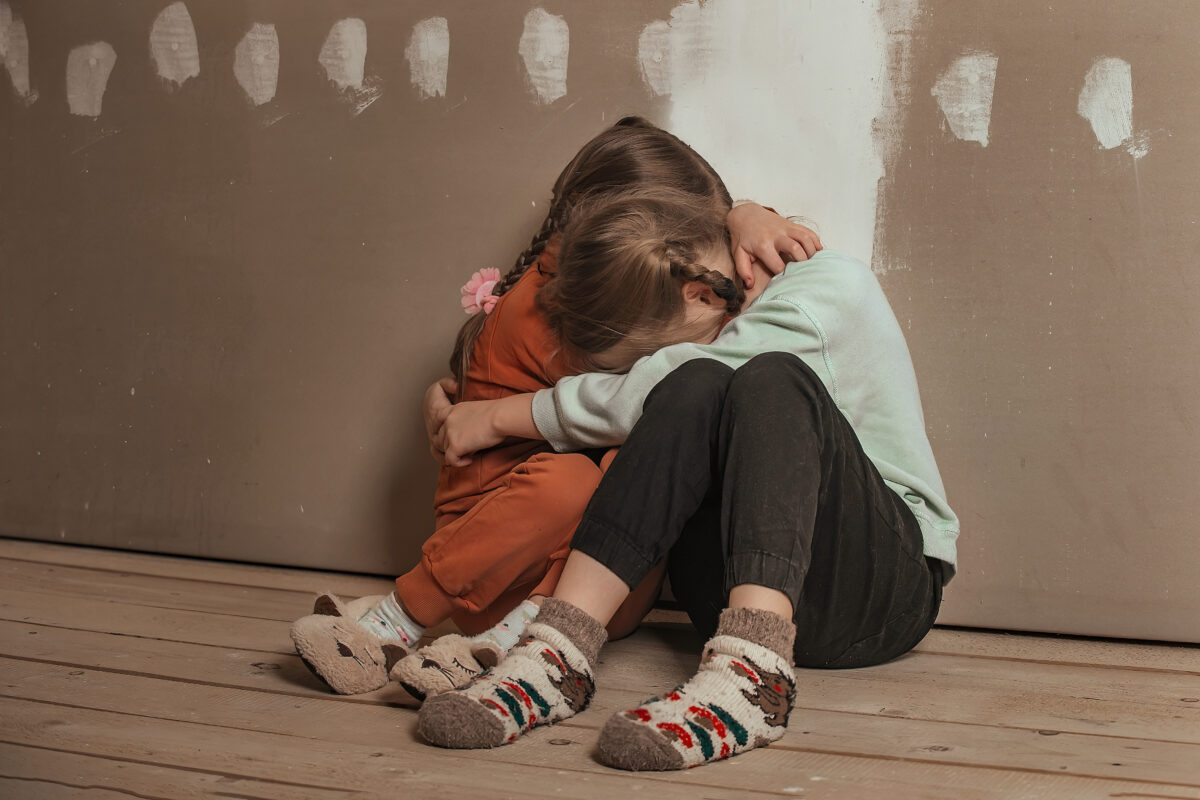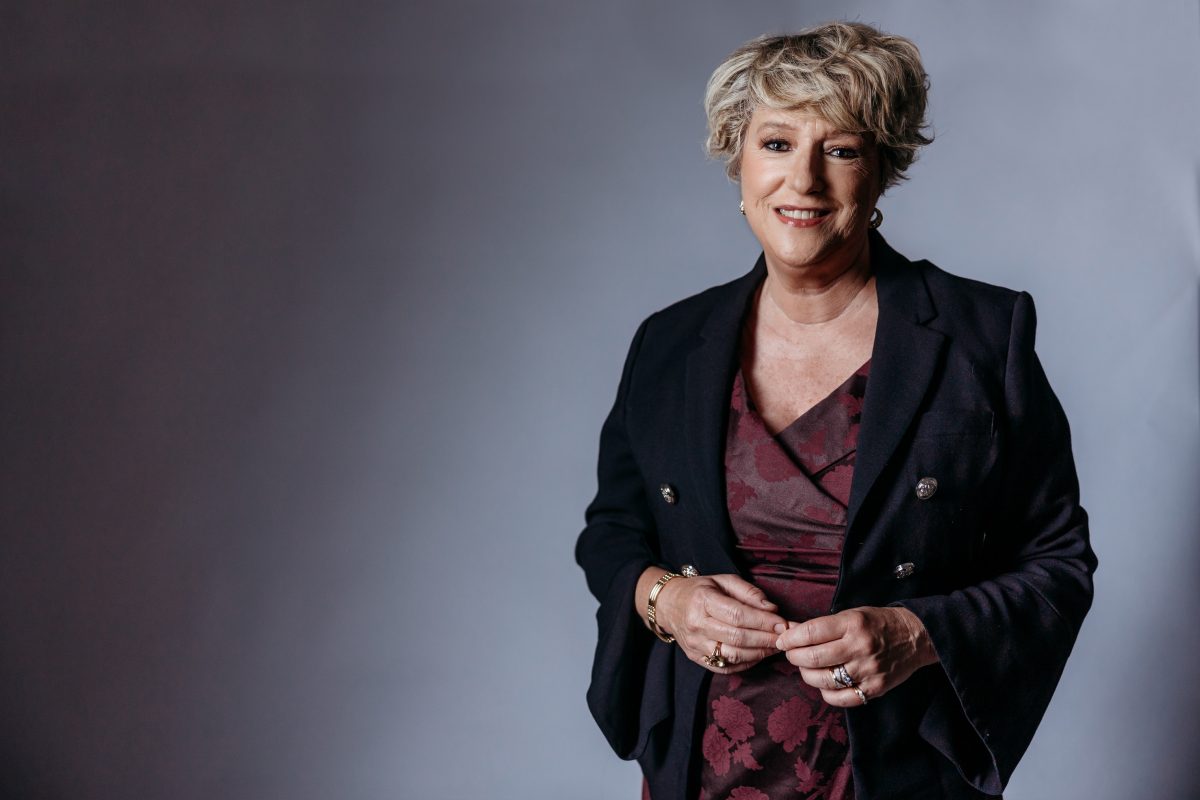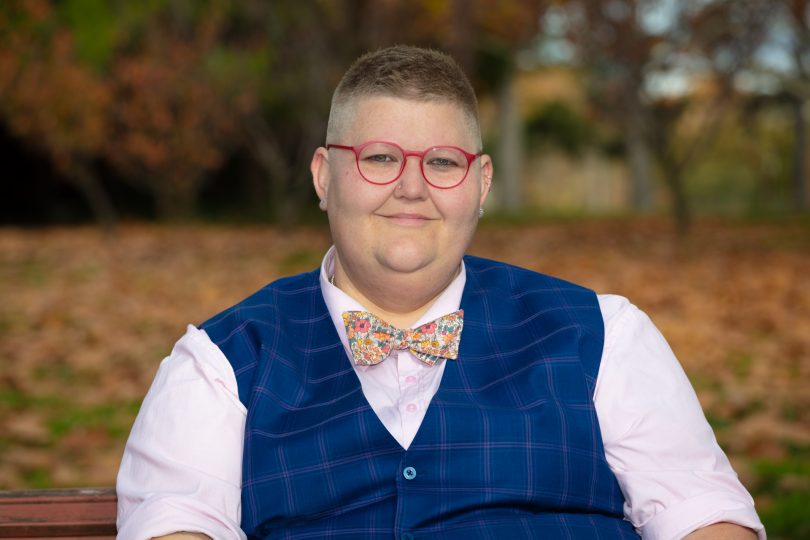
The Family Law Amendment Bill 2023 centres on the best interests of children. Photo: Envato.
A recent amendment to family law will be “transformative” for parents navigating family court matters by ensuring their children’s best interests are central to parenting decisions inside and outside the courtroom, according to industry experts.
Most significantly, the Family Law Amendment Bill 2023 has repealed the presumption of equal shared parental responsibility from 1975: a major cause for confusion for families navigating the court system, according to Parker Coles Curtis founding director and accredited specialist family lawyer Debra Parker.
She said the move to help streamline the parent order framework was overdue.
“The concept of ‘equal shared parental responsibility’ was being conflated in the community with the idea that there should be equal time spent by children in the care of both parents, even though that was never the way the law was intended to operate,” she said.
“The law created a presumption of joint parental responsibility, which then required the court to consider whether the child should spend equal or substantial and significant time with each parent, but the concept of parental responsibility never automatically meant equal shared time for children.
“That has been misunderstood for many years and has sometimes led people to make decisions for their family which are out of step with the law.”
“Responsibility” in this context refers to all of the rights, responsibilities and duties imposed on all parents by the law to make long-term decisions that support their children’s welfare and development, such as education, medical care and safety.
Family violence will now be a central criterion for courts when determining parenting arrangements and without the presumption embedded in the law as it is now, equal shared responsibility would be granted only by a specific order of the court.
Ms Parker said for families dealing with family violence, the changes were “transformative”.
“There is often good reason for equal shared time, or equal shared parental responsibility, not to be ordered,” she said. “That might include where it exposes a parent, or a child, to ongoing family violence.
“This move has taken the law back to the centre of our family law legal system – the ‘best interests of the child’ principle, which has been the focus of the Family Law Act since it first came into operation in 1976. It allows judges to go back to having a genuine, informed look at the best interests of a child, rather than having to go through a prescribed legislative pathway of a long list of factors.”

Debra Parker of Parker Coles Curtis said the amendment was well overdue. Photo: Parker Coles Curtis.
Other changes introduced as part of the Amendments included greater powers to protect parties and children from harmful effects of protracted and adversarial litigation, a definition of “member of the family” in the Family Law Act that is inclusive of Aboriginal and Torres Strait Islander concepts of family and kinship, ensuring that children’s voices were heard more easily in matters under the Hague Convention on the Civil Aspects of International Child Abduction and requiring Independent Children’s Lawyers (ICL) to meet directly with the children they represent.
This meant that other than in some cases which are exempt, with few exceptions, the ICLs like Ms Parker meeting with children would likely play a crucial role in their advocating for the best interests of children in all family law proceedings by acting as an impartial bridge between the legal system and children, ensuring their experiences, feelings and concerns were given due consideration and that children understood the legal processes that were happening.
“In my experience most children want to express their views and be heard as part of the legal process – especially teenagers,” Ms Parker said.
“They like to have a voice and my view is – why shouldn’t they? These are decisions that could profoundly affect their lives.”
Domestic Violence Crisis Service (DVCS) CEO Sue Webeck said the organisation welcomed the new laws.
“Society is often ahead of the amendments that are made in the legislation in my experience, and I think most people agree this amendment has been a long time coming,” she said.
“Quite often equal shared time between both parents is not in the children’s best interest – it needs to be decided on the facts of each individual case and the best interests of the children concerned.
“In particular, the part of the amendment relating to greater protection against protracted litigation is of particular interest to the DVCS, as we have witnessed how the family law court can be weaponised against those impacted by domestic, family and intimate partner violence. We have seen the multitude of ways proceedings can be drawn out and used – previously with the presumption around shared parental time – in a way that causes harm to ‘protective parents’ (parents who aren’t using violence against their spouse or children).”

DVCS CEO Sue Webeck said the Amendment focused less on parents’ rights and more on their responsibilities to ensure their children’s welfare. Photo: Michelle Kroll.
Ms Webeck said while the reforms were a step in the right direction, there was room for improvement.
“There has been some criticism around Independent Children’s Lawyers, but that’s a resource issue, not a process issue. The voice of children is incredibly important and it is incumbent on us to resource ICLs appropriately. It’s not something that should be rationed,” she said.
“Legal system abuse is incredibly common. Men in particular use the family law system to maintain contact and expand the ways they seek to control women and children and keep that fear in place. System abuse should be recognised as a form of violence in and of itself and there needs to be increased support for victim survivors of family violence in the court system.
“For many of our clients who are beyond the crisis phase of domestic violence and are working towards healing and recovery, long and drawn out family court proceedings around parental arrangements can be incredibly stressful. It forces them to maintain contact with the person who has been violent against them and relive their trauma again and again with no end in sight.
“We also see this missing middle of those who don’t qualify for free or low-cost legal assistance, and we’d like to see more comprehensive supports put in place for those experiencing systems abuse throughout the family law court.”
For legal advice contact Parker Coles Curtis or for emergency and long-term support, advice, domestic violence resources and services contact DVCS.





















